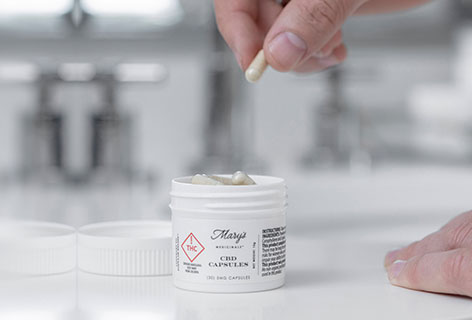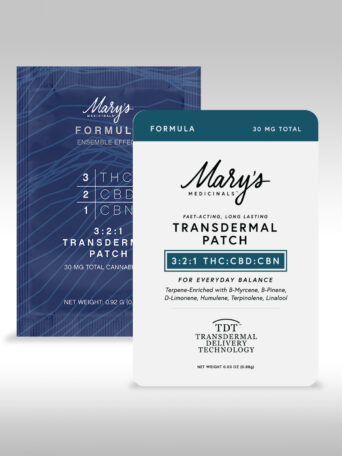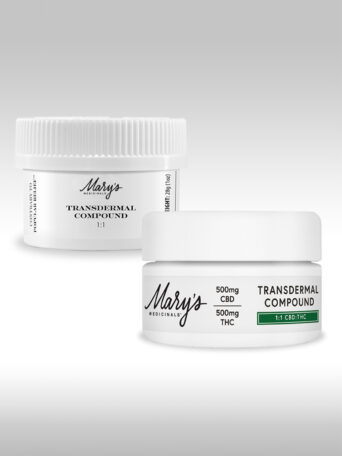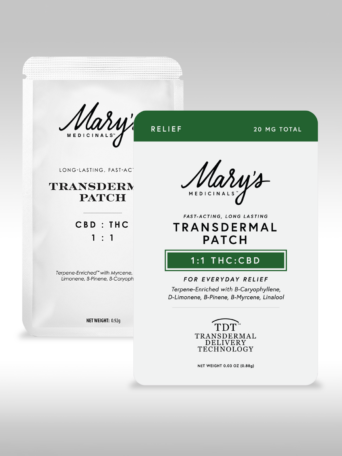This is the second report on The 2nd International Annual Congress on Controversies on Cannabis-Based Medicines held May 23-24, 2019 in Barcelona, Spain.
The conference organizers attempted to live up to the conference billing (“controversies on cannabis-based medicines”) by devoting a portion of day two to three topics: “Do We Need Cannabis Clinics and Doctors”; “Do Physicians Need A Special Qualification?”; and “To Drive or Not To Drive?” These were panel discussions and I will admit my bias up front with regard to the third panel, “To Drive or Not To Drive?” Cannabis should be regarded like any other medication with regard to driving. Warnings? Of course. Special restrictions? Well, put them in place for opioids and anti-depressives and then we can talk about cannabis.
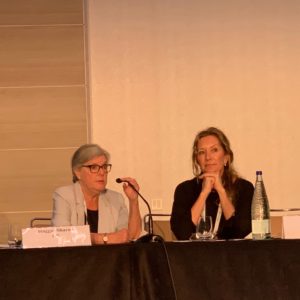

Of the three “controversial” topics, however, the one that most captured this writer’s interest was the first: Do We Need Cannabis Clinics and Doctors? The “pro” speaker was Dr. Tina Horsted of the Horsted Clinic in Denmark. (The website is https://clinichorsted.com. Use itools.com to translate from Danish.)
Medical cannabis in Denmark is undergoing a four-year “probation” which began in 2018. All Danish doctors (approximately 18,000) can prescribe but only 500 have chosen to do so. Cannabis can be prescribed for chronic pain (the majority of Dr. Horsted’s patients), cancer pain, multiple sclerosis, and spinal cord injury with central neuropathic pain. Private health insurance will reimburse 25-50% of the cost of the cannabis while terminal cancer patients pay nothing.
The Horsted Clinic pre-dates the cannabis probation period, operating since 2016 and treating more than 14,000 patients. In the eighteen months since the cannabis probation began Dr. Horsted has moved 3,216 onto cannabis. She reports no psychosis or addiction “yet.” The majority of her patients are 50 years or older and most are women. Dr. Horsted’s list of “adverse effects” is standard including dry mouth, dizziness, drowsiness, and sedation.
Dr. Horsted makes good use of legal cannabinoid medications such as dronabinol (i.e. Marinol). She has a pharmacy prepare a special blend of dronabinol and CBD into capsules and also prepares low dose dronabinol capsules. Dr. Horsted also uses Bedrock dry flowers and Stenocare/Canntrust THC, CBD and 1:1 tincture.
Dr. Horsted’s counterpart or “con” position presenter was Dr. Mary-Ann Fitzcharles of Canada, who began her speech by noting that if all medical cannabis clinics were like Dr. Horsted’s she would not be presenting against the idea. Dr. Fitzcharles then proceeded to criticize the storefront medical marijuana clinics that populated the early days of medical cannabis legalization in California and Colorado–two decades ago. She compared these facilities to the oxycontin pill mills of several years back and was verbally and facially contemptuous of the “patients” who used these clinics. Indeed, Dr. Fitzcharles seems generally contemptuous of medical cannabis and may be positioning herself into the go-to “balanced presenter” role that future medical cannabis conferences will demand. Dr. Fitzcharles presented at the 2018 conference, in the same role, and many of her facts were quickly refuted by attendees. This year it seems her presentations were far more general, lacking little in the way of “facts” that could be challenged, and focused instead on overblown statements and concerns about “granny, wobbly on her walker.”
But she couldn’t dim Dr. Horsted’s light. The nay-sayers quickly pale before a well organized presentation of competent medical cannabis application. Fitzcharles did have one thing right: if all medical cannabis clinics were as professional as the Horsted Clinic there would be no need for the discussion. Indeed, there might not be a need for the conference. ❖
Up Next! “Cannabis Genetics: The New Frontier,” from the 2nd International Annual Congress on Controversies on Cannabis-Based Medicines.

